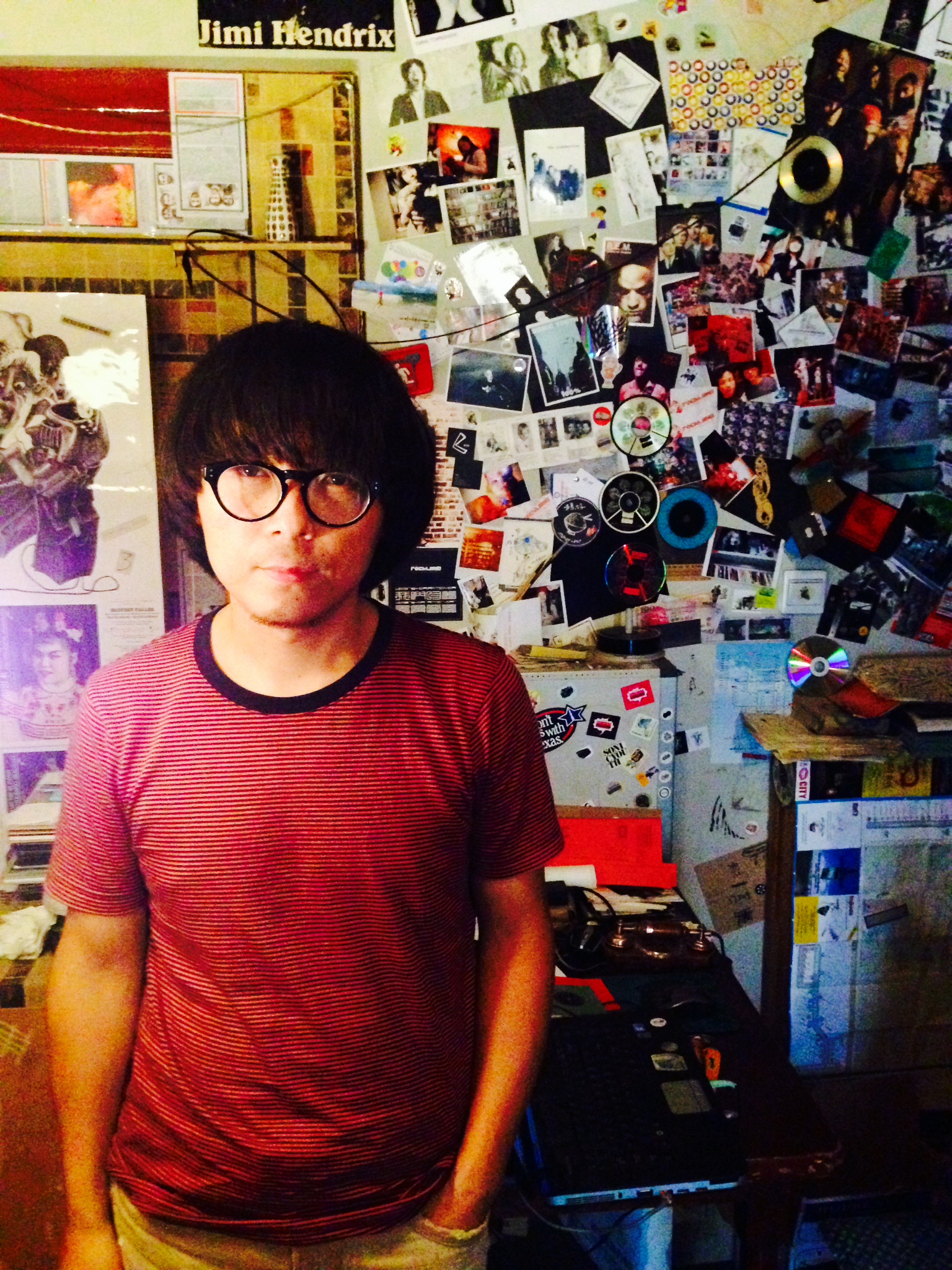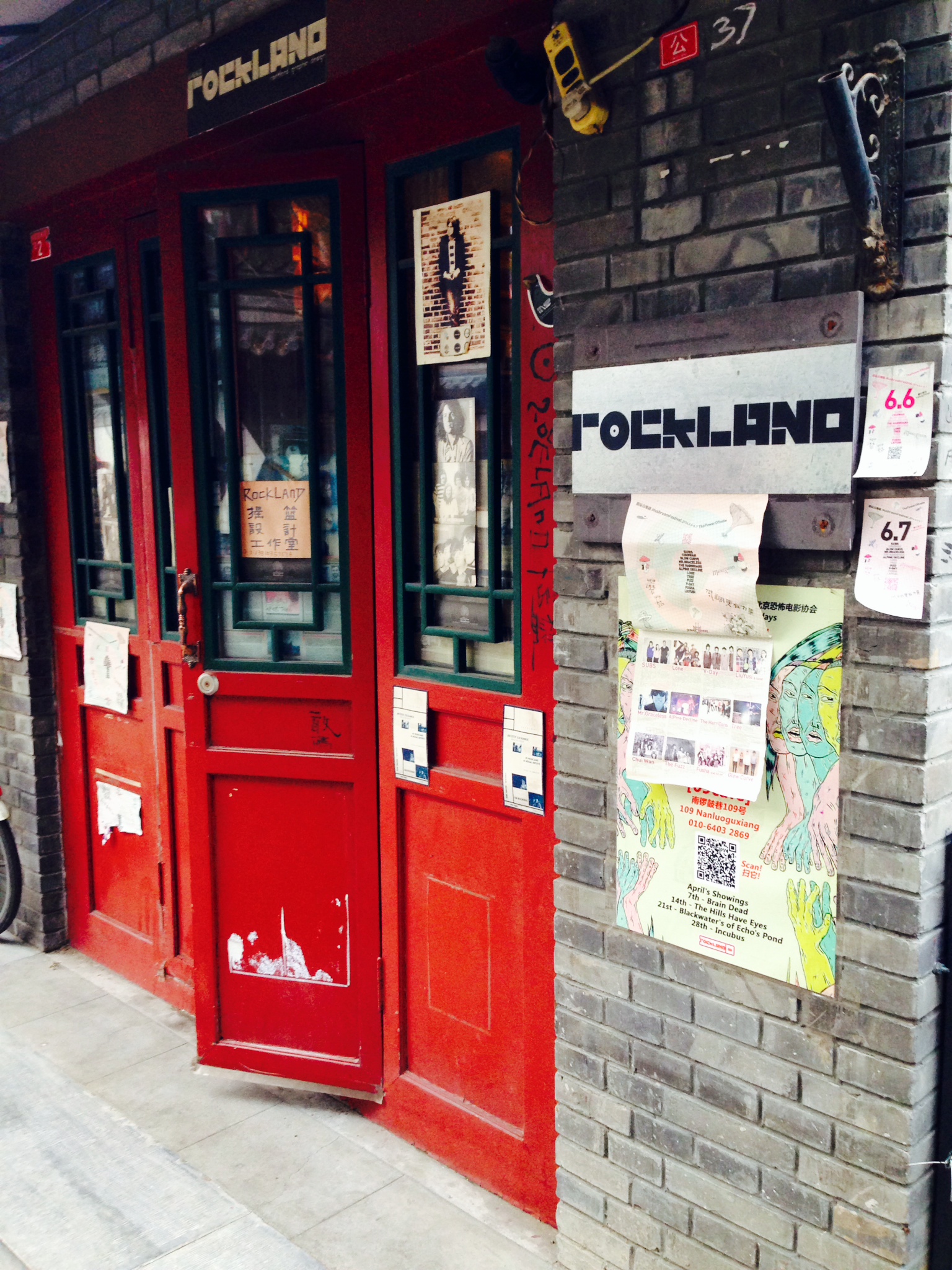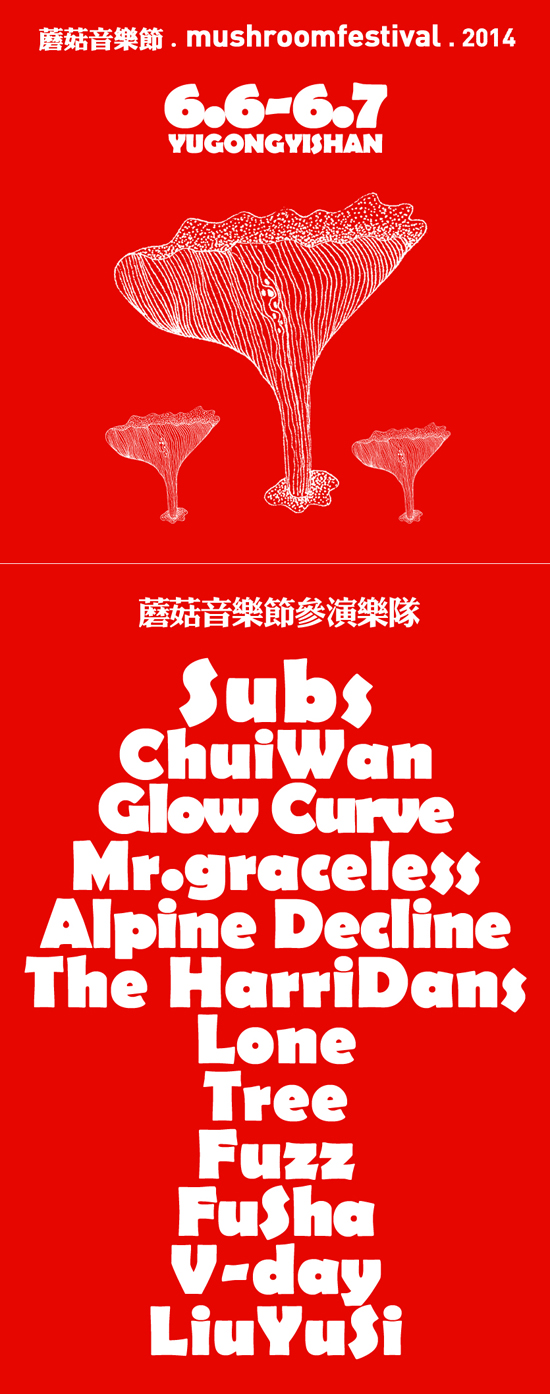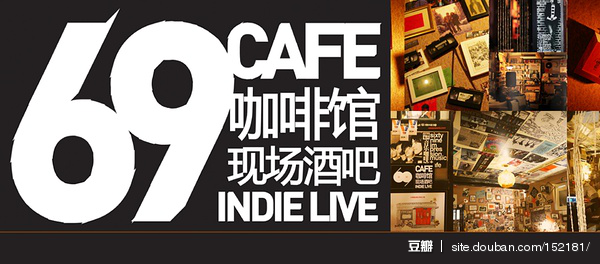The Radar has admittedly been a bit Shanghai-centric of late. Here we have a refreshing contribution from a friend up in the Beije. Our contributor gets another update from Xiao Zhan following SmartBeijing’s coverage last year, with a focus on Mushroom Fest, which is seemingly set to adopt a similar model to Midi and Strawberry. Feel free to share your thoughts and feedback on the fest.
Independent music lies at every band’s beginning and at the centre of every local music scene. The DIY nature of independent music means that it’s an always changing scene of old hands and new up-and-comers. Behind the curtain of Beijing’s indie scene stands Xiao Zhan, owner and proprietor of 69 Cafe and Rockland Records. We sat down with Xiao Zhan to discuss the recent Mushroom Festival, and the evolution of independent music in Beijing.
Radar:
You started Rockland Records back in 2003. What was the independent music scene in Beijing like when Rockland first opened its doors?
XZ:
At that time, Beijing’s music scene was pure and simple, a little unsophisticated, the feeling was that underground musicians sincerely made whole-hearted music. Also, the record industry back then was doing alright; this was before internet downloading, when everyone actually bought physical CDs.
*NOTE – Some Radar contributors would argue that there never was such a period in China. It was pretty much Dakou (scrap) CDs > downloads. Perhaps a bit of western rhetoric has been inherited here.
Radar:
How has independent music changed since then?
XZ:
Indie music has changed in four ways. First, more and more musicians and bands are popping up. Compared with ten years ago, the difference is huge. At the same time, now there is more of a mix of great musicians with the not-so-great.
Second, real physical records and CDs are slowly fading away. Thanks to the onslaught of numerous websites, now everyone is more likely to go online for music and a very small number actually patronize record stores.
Third, the number of venues is constantly growing. Yet, this is a bit of a problem; many places don’t specialize at all and just hold a ton of shows.
The fourth change is that there are an increasing number of people interested in independent music, the internet has the ability to spread music at lightning speed, and now an unknown band has the ability to be introduced to everybody and their brother practically overnight.
Radar:
This year’s Mushroom Festival was extremely well received, what were the highlights of putting on the festival for you?
XZ:
The Mushroom Festival’s purpose from its beginning was in order to promote genuine indie music. We knew that no matter what the festival became, we wanted a varied group of genuinely unique, honest bands. The Mushroom Festival was not about promoting any big name artists, but instead was about promoting music itself. We handpicked 12 bands from all different locations and styles. From world music to punk rock, solo artists to five person bands, there was nothing we left out.
Radar:
What were the biggest challenges of the Festival?
XZ:
The biggest difficulty was funding. Unfortunately, we came out in the red. However, it’s not a problem, we are still standing firm.
Radar:
What are the biggest challenges facing independent music in Beijing right now?
XZ:
When it comes to problems with indie music, I think funding is still one of them. However, if a band is good enough, there is definitely a market. There will always be a record company to come find them. The biggest problem is that solely being in a band or a musician is not easy. More often than not, for one concert you are only able to get paid a couple hundred RMB. Lots of musicians must begrudgingly hold another job and make music at the same time. It would be great if there were some institutions to support indie music and musicians.
Radar:
How do you find new music, and how do you decide who plays in 69 Café?
XZ:
Actually, the Beijing indie music scene is quite small. After being around so many years, I have met and gotten to know almost everyone in the scene.
As for deciding who plays at 69, basically I just see if they are the right fit for 69’s style, and if they are developed enough to play live. At the same time, I also like to support some new inexperienced musicians.
Radar:
What is the environment for foreign independent bands in Beijing and how does it compare to local bands?
XZ:
There are two types of foreign bands that come to China; one kind is those who do so by their own connections. They generally have some troubles along the way, such as setting up times for shows, etc. Then they’ll make their money through ticket sales.
The other type is those bands that have a Chinese company or organization that invites them. Beforehand, the company will help set up the tour and then the band only needs to show up to play one stop after another.
Both foreign bands and non-local bands are well received in Beijing. Everyone is into seeing a new style and checking out the live show.
Radar:
What is next for you? Will there be a Mushroom Festival 2015?
XZ:
As next year is Rockland’s twelve year anniversary, we will definitely have a Mushroom Festival. The Festival is going to be moving out of Beijing, and on to Shanghai, Hangzhou, Xi’an, Wuhan and others. It is going to be held a bunch of times annually rather than just once a year. Also, we plan to invite some new bands and musicians to play, maybe throw in some unplugged performances.



